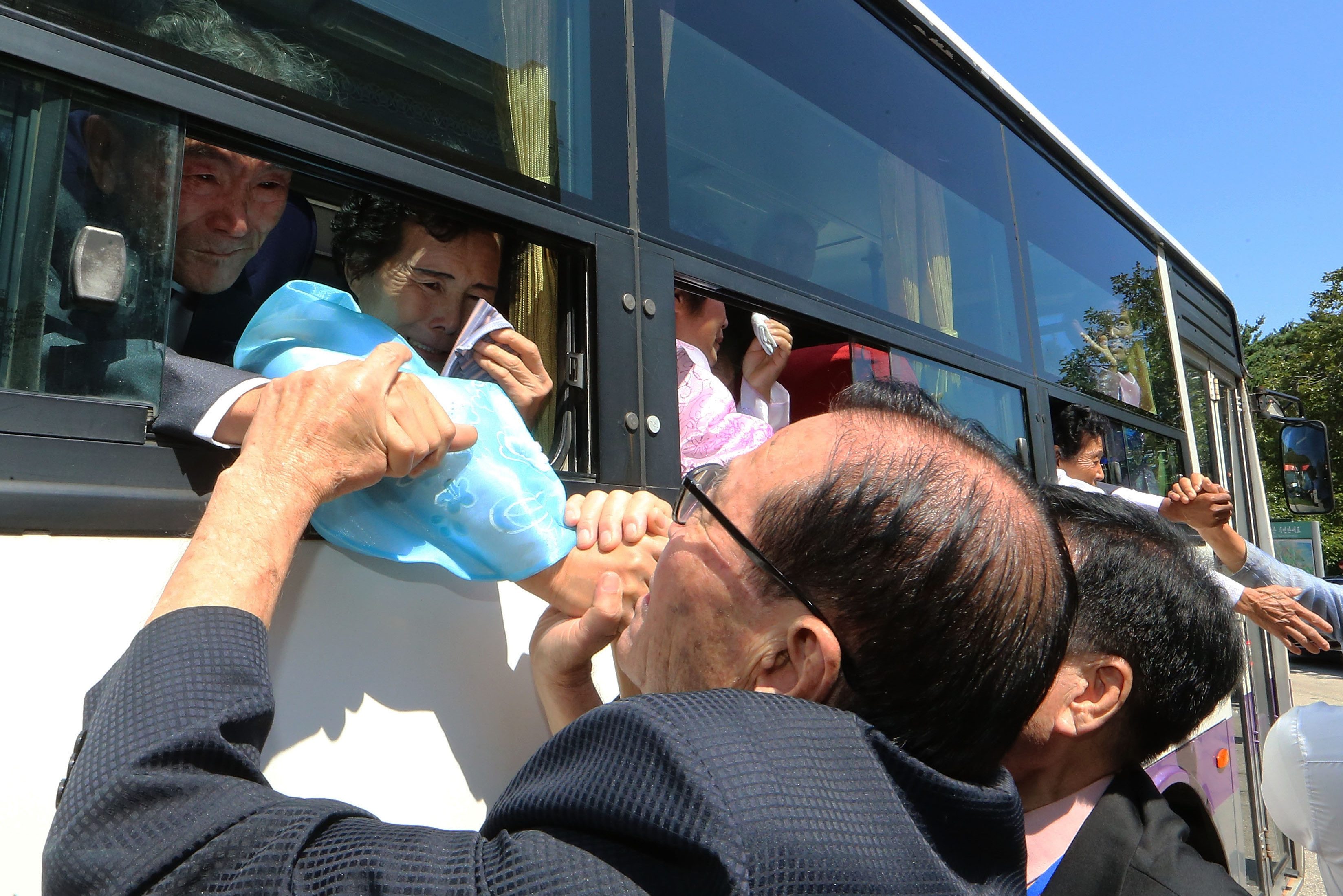Even as the media continue focusing on efforts to move the peace process forward on the Korean Peninsula, the main concern of South Koreans is to improve their economy, according to a UConn historian who recently returned from the region.
Alexis Dudden, a professor of history, traveled to South Korea late in August to meet with colleagues to discuss new developments on the Korean Peninsula since the June 12 meeting between President Donald J. Trump and North Korean leader Kim Jong-un in Singapore.
“The emphasis for South Koreans now has shifted away from the peace process with North Korea and onto South Korea and the economy,” says Dudden, who served as a Fulbright Scholar at Yonsei University in Seoul. “Job reports came out, economic indicators came. The South Korean economy needs a desperate shot in the arm.”
Dudden is an internationally recognized scholar of the history of Korea and Japan who is widely published in scholarly journals and quoted in media such as The New York Times, NPR, VICE, and the Economist.
She arrived in South Korea just as Trump canceled the scheduled visit there of Secretary of State Mike Pompeo as the next step in the peace process.
While Dudden was in Seoul, South Koreans and North Koreans were permitted to have family reunions for the first time in three years, a rare occurrence in the 73 years since Korea was split during the Cold War era that followed World War II.
“It really gripped the nation’s attention when, once again, truly tragic stories dominated the news cycle to tell of families ripped apart now for 73 years,” Dudden says.
“People did not expect or anticipate any way the border would remain so rigid,” she adds. “They fled during war, often picking one sibling who was smaller, leaving boys behind with fathers. These stories played out again.”
Tune into UConn 360 to hear more from Dudden on the economic issues and peace process.
For more podcasts about all things UConn, go to uconn.edu/uconn360-podcast.



